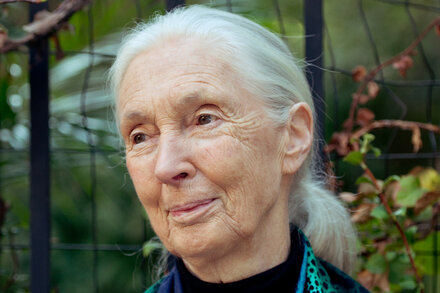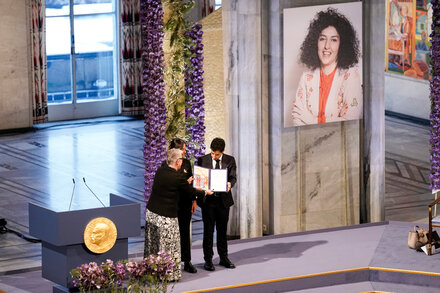
Dr. Jane Goodall, the esteemed primatologist whose groundbreaking, immersive research into the lives of wild chimpanzees transformed scientific understanding and inspired a global conservation movement, has died at the age of 91. Her passing marks the end of an era for environmental advocacy and the study of non-human primates.
Goodall, born Valerie Jane Morris-Goodall in London in 1934, captivated the world with her unconventional approach to studying chimpanzees in Gombe Stream National Park, Tanzania. Beginning her work in 1960 with no formal scientific training beyond a secretarial course, she revolutionized primatology by spending thousands of hours observing the chimps directly, often alone, and giving them names rather than numbers.
A Life Among Chimpanzees
Her work at Gombe was initially met with skepticism by some in the scientific community due to her lack of a university degree and her empathetic methodology. However, her dedication and profound discoveries quickly earned her international recognition. Goodall’s early observations shattered preconceived notions about the divide between humans and animals.
One of her most significant breakthroughs came when she documented chimpanzees making and using tools—modifying twigs to “fish” for termites. This discovery, announced in 1960, challenged the long-held definition of humanity as the sole tool-making species and prompted anthropologist Louis Leakey, her mentor, to famously state, “Now we must redefine man, redefine tools, or accept chimpanzees as humans.”
“It was a shock, because at that time, only humans made tools,” Goodall once remarked about her discovery. “That was one of the things that separated us from the rest of the animal kingdom.”
Beyond tool use, Goodall’s research revealed the complex social structures, individual personalities, long-term familial bonds, and even acts of aggression within chimpanzee communities. Her studies highlighted the emotional depth and intellectual capabilities of these animals, fostering a deeper appreciation for their intrinsic value.
Pioneering Discoveries and Global Advocacy
As her research continued, Goodall earned a Ph.D. in ethology from Cambridge University in 1965 without first obtaining a bachelor’s degree, a testament to the undeniable significance of her field observations. Her work laid the foundation for modern primatology and greatly influenced fields ranging from animal behavior to conservation biology.
In 1977, Dr. Goodall founded the Jane Goodall Institute (JGI), an organization dedicated to the research, education, and conservation of chimpanzees and their habitats. Under her leadership, the JGI expanded its mission to include community-centered conservation programs across Africa and launched “Roots & Shoots,” a global environmental and humanitarian program for young people.
In her later decades, Dr. Goodall transitioned from intensive field research to a relentless schedule of global advocacy, traveling nearly 300 days a year to speak about environmental degradation, animal welfare, and the urgent need for action. She became a powerful voice for endangered species and a passionate advocate for environmental stewardship.
“What you do makes a difference, and you have to decide what kind of difference you want to make,” she often told audiences, inspiring countless individuals to engage in conservation efforts.
Her legacy extends beyond scientific discovery; it encompasses a profound ethical shift in how humanity views its relationship with the natural world. Dr. Jane Goodall’s life was a testament to the power of curiosity, empathy, and unwavering commitment to making the world a better place for all living beings.
Source: Read the original article here.





